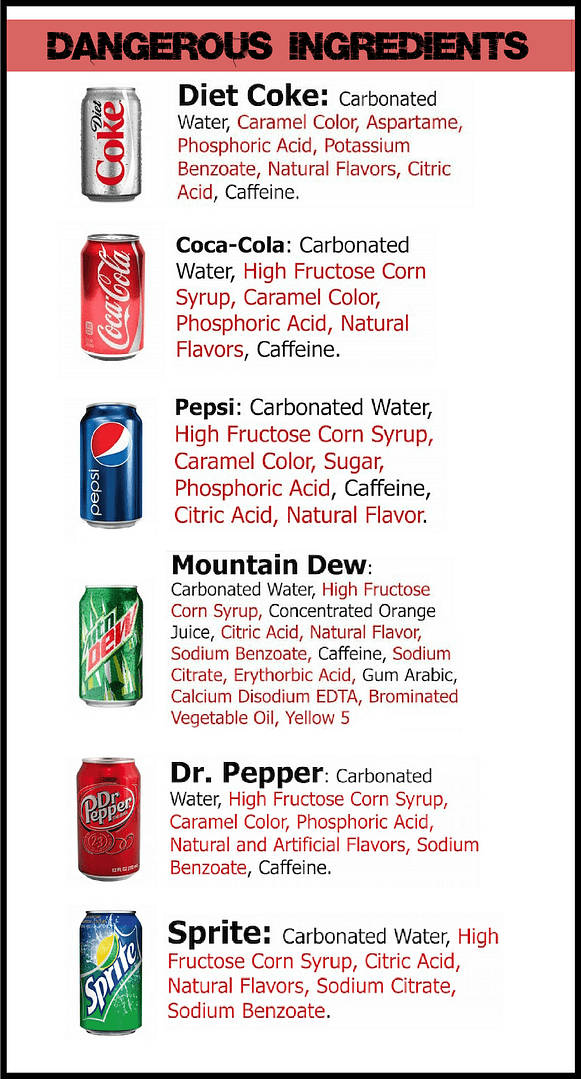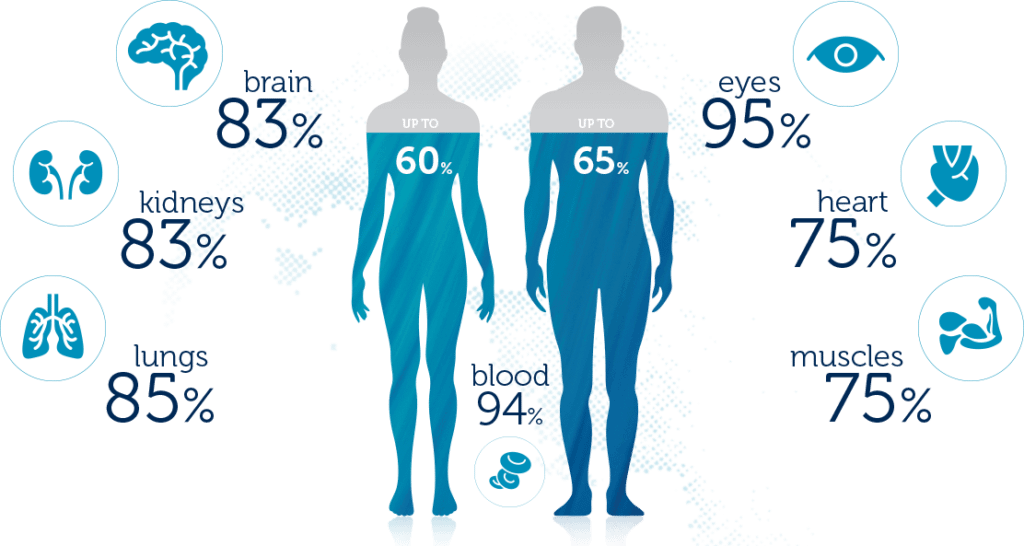Dementia – Improving Cognitive Health
Dementia has been on the minds of many who have reached a certain age that requires reflection on their mental health, however, studies have shown that side effects of cognitive impairment can begin as early as age 45. As signs of mental decline begin to crop up, most treat it as nothing more than the natural process of aging and continue with their day to day lifestyles. However, cognitive impairment does not inevitably lead to dementia. If proper steps are executed to improve cognitive health, the chances of further decline significantly decrease while providing added years to spend with your loved ones.
What causes Dementia
The causes of dementia are in part due to a lifetime of a poor diet and unhealthy habits which overtime, can build up a plaque in the brain known as beta-amyloid. This is a protein that gradually collects between cells, blocking the cells ability to fire synapses. In addition to beta-amyloid, nerve cells which either are dying or already dead with the onset of dementia collapse and block the transport of cells which otherwise would be free flowing in clear pathways seen in a healthy brain. The collapse of this viable transport system prevents the flow of nutrition and increases inflammation, significantly hindering cognitive function.
The Symptoms
The degenerative process of Dementia can be diagnosed with a simple blood test, however side effects of cognitive impairment can be caught early and with proactive lifestyle changes, the onset of dementia can be delayed or even stopped. Here’s what to look for.
- Memory loss – Finding it difficult to recall names, dates and or details you may have read or heard in conversation.
- Confusion – It is difficult to keep your thoughts organized during conversation and often repeat sentences. Personal items are frequently misplaced such as your car keys or important documents.
- Increased Dependence – You find yourself turning to others for clarification on direction or asking for help to understand certain tasks.
- Loss of focus and anxiety – It’s often difficult to stay locked on one task and you may become overwhelmed easily from your mind’s inability to prioritize and stay on track. It may be increasingly difficult to organize your morning to set yourself up for a productive day.
How can a diet help?
As dementia is a scary thing to hear, there are proactive steps that are available to help slow the progression or even stop the progression through physical activity, reading, completing puzzles and maintaining a specific diet.
The brain feeds on nutrition, particularly on foods with high amounts of omega-3s, b6 and b-12 vitamins, oils, nuts, and legumes, all inflammatory fighters. Implementing an anti-inflammatory diet, helps counteract the brain’s inflammatory response to plaque build-up.
The foods listed above can be categorized by what is known as the Mediterranean diet and is a very good place to start to get on track.
What to eat?
- Omega 3s – The brain boosters of the world. A healthy dose can balance out the intake of omega-6 which our western diet over indulges with. Omega 3s help fight off inflammation that can be triggered by too much omega 6 in the diet are also relatively easy to come by. They can be found in any fatty fish, such as salmon, mackerel, and sardines. Walnuts and chia seeds pack an omega 3 punch as well. Add them into smoothies or take a handful of walnuts a couple times a day to get your fill.

- Olive Oil – A staple in the Mediterranean diet, has been found to decrease the risk of heart disease as well as be a primary source of monosaturated fats linked to increased cognitive function.
- Leafy Greens – Inflammatory fighting dark greens like kale, spinach, swiss chard and broccoli and a variety of fruits such as berries, are must haves in a diet that are packed with vital vitamins and minerals.
- Sage– Boosts memory function.
- Ginko Biloba – Stimulates brain circulation and boosts cognitive function.
- Ashwaghanda, Cumin and Tumeric – These supplements taken accordingly, have been found to break up plaque that has been linked to dementia.
Help is available today!
It is possible to keep your cognitive health steady and even improving as we age, through a carefully tailored diet designed to clear plaque, boost brain function and regain focus. If you or a loved one has been experiencing signs of cognitive impairment or share concerns about the effects of dementia, Forum Health Clarkston can provide proactive steps toward slowing or even halting the onset of dementia through full-health assessments and custom nutrition plans. Call us today 248-625-5143
Forum Health Clarkston
248-625-5143
References:
Alzheimer’s Association (2014) Nutrition and Dementia. Retrieved from: https://www.alz.co.uk/sites/default/files/pdfs/nutrition-and-dementia.pdf
Axe, Josh (2015) 8 Health Benefits of the Mediterranean Diet. Retrieved from: https://draxe.com/mediterranean-diet/
Axe, Josh (2016) 8 Suprising Ways to lower Your Dementia Risk. Retrieved from: https://draxe.com/dementia/
Berkeley Wellness (2015) Can Diet Prevent Dementia? Retrieved from: http://www.berkeleywellness.com/healthy-mind/memory/article/can-diet-prevent-dementia
Food for the Brain (2012) About Dementia/Alzheimer’s Disease. Retrieved from: http://www.foodforthebrain.org/nutrition-solutions/dementia-and-alzheimer%E2%80%99s- disease/about-dementiaalzheimer%E2%80%99s-disease.aspx







